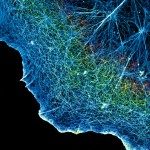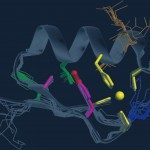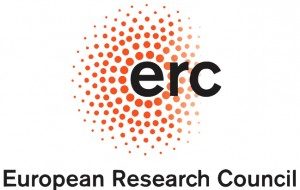Présentation
Antimicrobial resistance (AMR) is one of the most pressing global health problems of our times. To counteract AMR, we urgently need new antibiotics, particularly with novel modes of action (MoA). However, while typical antibiotic screening pipelines can identify compounds that impair bacterial growth, they are unable to predict drug targets and MoA, and so must be followed up by time-consuming target identification steps. By synergizing our expertise in microbiology, genetics, advanced microscopy, metabolomics, medicinal chemistry, computational biology, and artificial intelligence (AI), we propose to create a new pipeline at the forefront of the antibiotic discovery field that will be capable of informing simultaneously on the bioactivity and MoA of new antibiotic candidates. Working with seven pathogens, we will use standard and improved acquisition strategies for both imaging-based high-content screening and metabolomics to generate a dataset of rich multidimensional phenotypes from libraries of genetic mutants and from bacteria exposed to a range of perturbants, at unprecedented Iscale. Deep learning methods will then enable us to explore these massive datasets to correlate chemical-induced phenotypes to those from mutants, linking drugs to genes to elucidate the target/MoA of new drugs. This innovative pipeline will be then applied to explore unique chemical spaces, including defined mixtures and complex natural product extracts (without the need to isolate individual components) and novel synthetic antibiotic compounds. Promising hits with novel MoA will be validated mechanistically and tested against drug-resistant clinical isolates. Then, we will demonstrate is applicability against bacterial species mimicking a future pandemic ‘pathogen X’. AI4AMR will provide the community with a new pipeline for achieving higher productivity in antibiotic discovery, helping to directly combat AMR.















